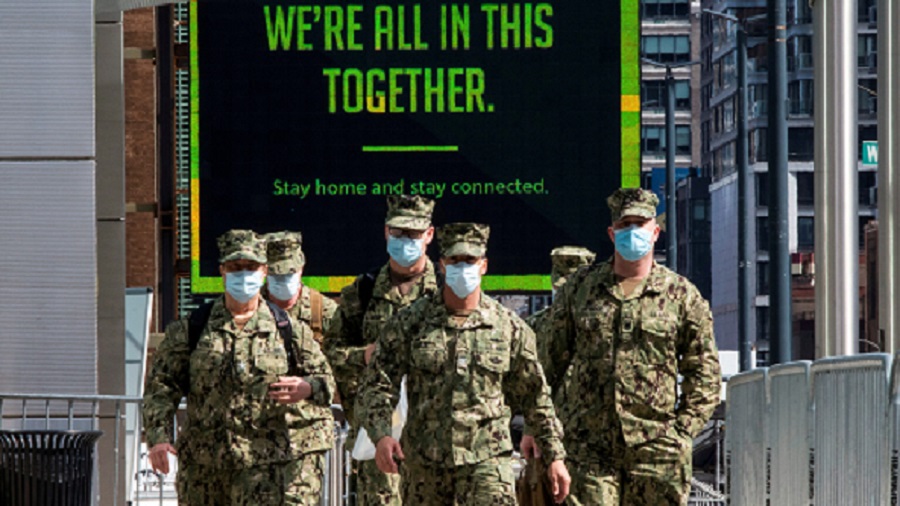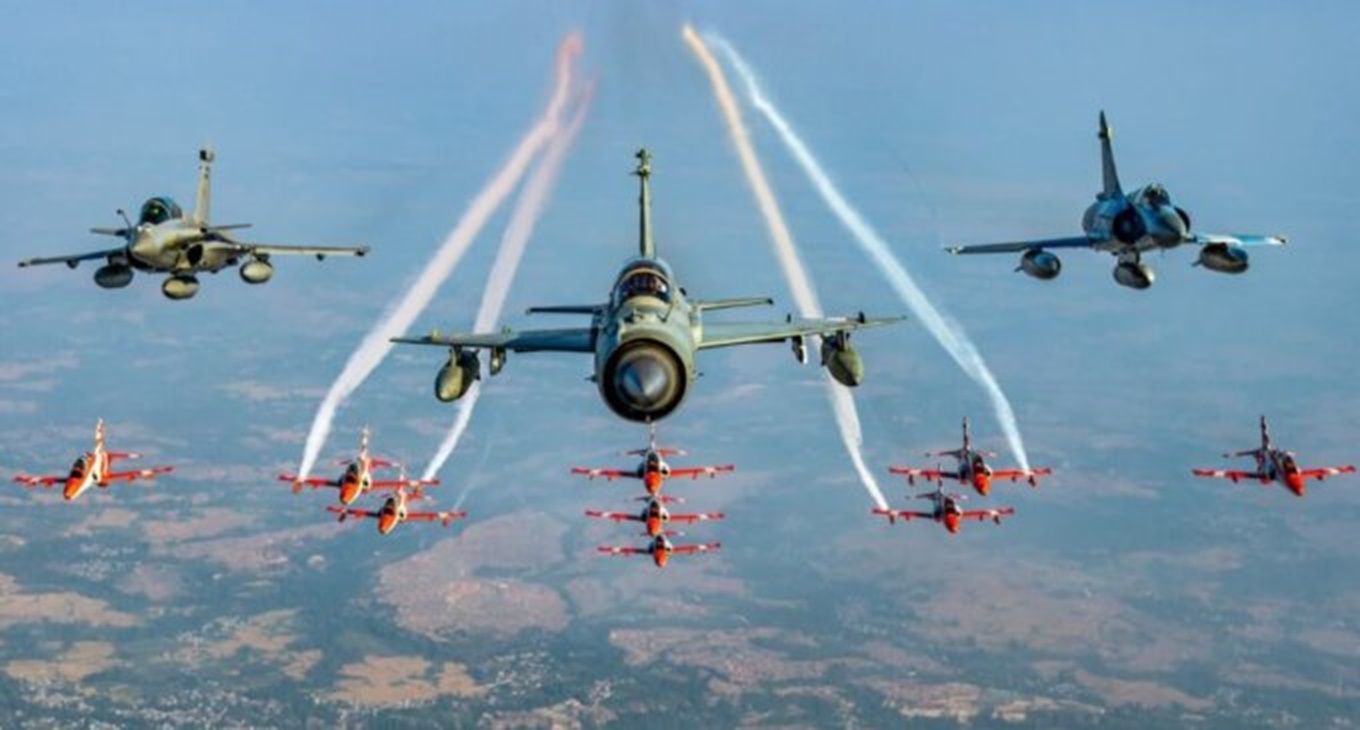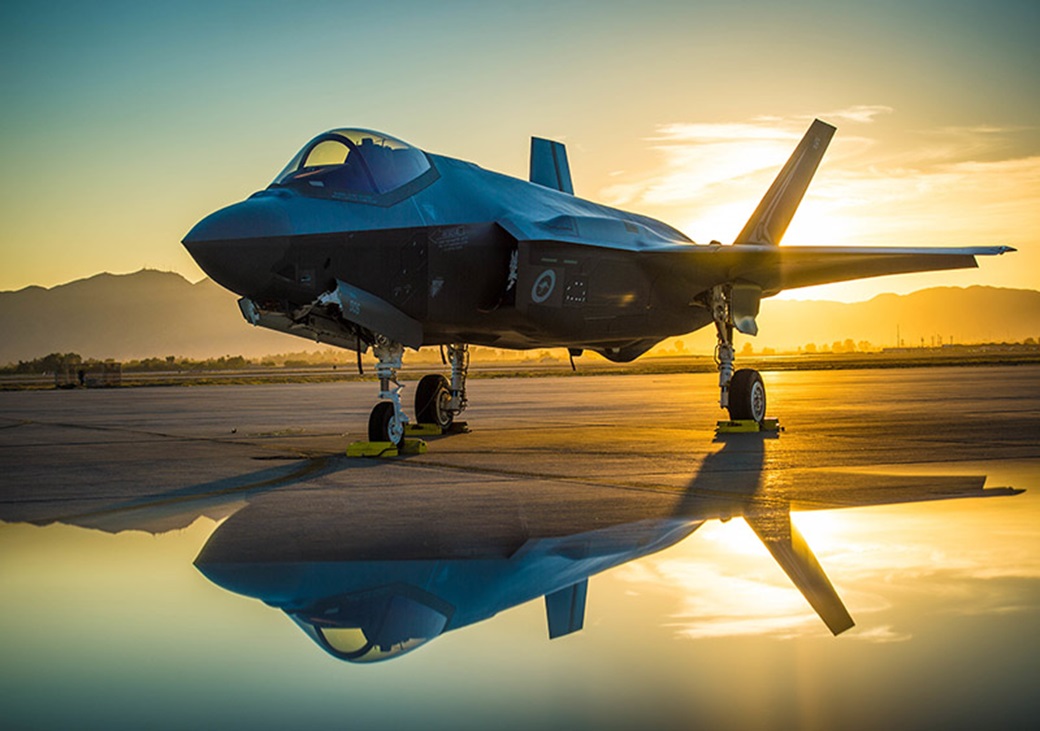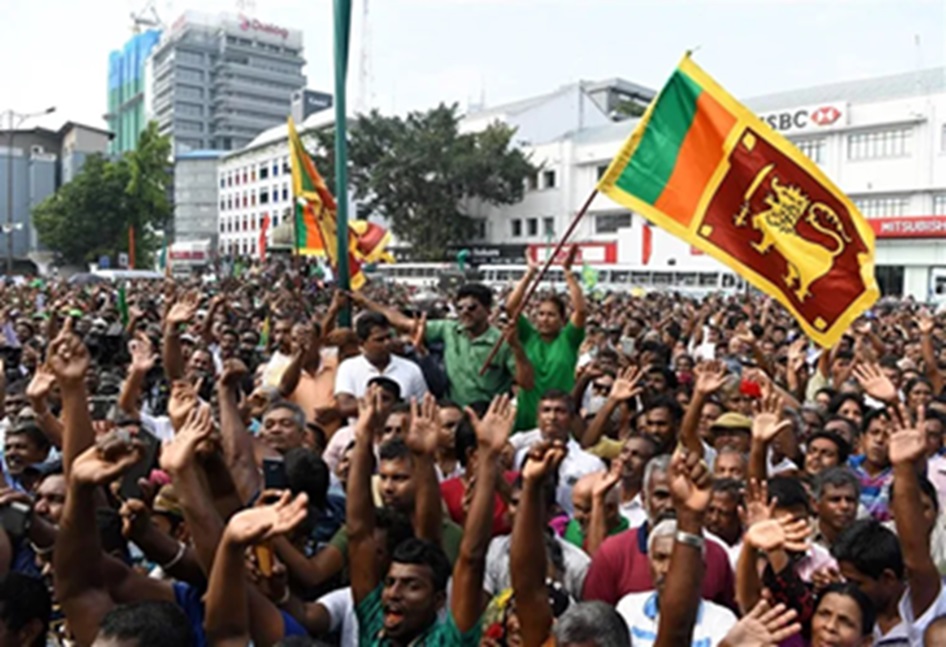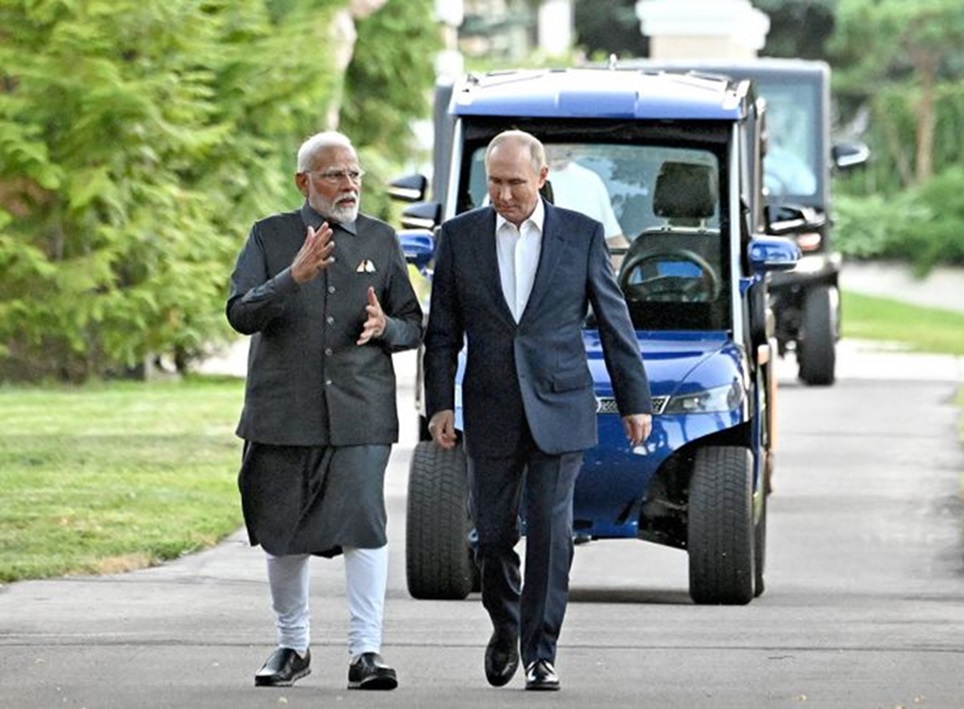Managing COVID 19 in a military environment is a very challenging task. Armed Forces have taken some strict measures to contain the crisis. Besides they have extended their support to civil administration for the fight against the pandemic.
[1] It has been observed that the Indian Army has made directives to soldiers that non–disclosure of COVID 19 related information such as symptoms and travel to coronavirus affected areas shall be contemplated as “wilful concealment” and be considered as a violation of discipline under the Army Act of 1950.
Several sections of the Army Act which are related to the breach of discipline include Section 41 (disobedience), Section 42 (insubordination/ obstruction), Section 45 (unbecoming conduct) and Section 63 (violation of good order and discipline). Senior officials of the Armed Forces have informed that disciplinary action would be taken against personnel on the basis of negligence or an act of deliberately hiding the information.
It is mandatory to inform superiors during roll call about the symptoms, contact with infected patients, relative, and friends at the time of leave or temporary duty and also about the COVID 19 hotspots. This advisory was issued on 25 Mar 2020 which was mandatory for all the ranks.
[2]It is essential to analyse the civil-military relations during the pandemic situation where nations are struggling to combat the coronavirus and the Government is seeking help from the armed forces.
Pandemic has led many Governments to send their military for tackling the crisis situations in affected areas. Also sending emergency relief supplies and supporting one another during this crucial time has been a great initiative by many countries uplifting the cause of humanity.
Sending the military to counter pandemic in this particular situation has led us to the mastery of civil-military relations and national acceptance. The military has helped many East Asian nations to contain the pandemic effectively.
Deploying the Armed Forces
Armed Forces across the globe with an existing national command network initiated a pool of trained disciplined manpower on short notice to support civilian frontline services at the emergency stricken areas. The military has always learnt lessons from the past and is well versed with the crisis planning and emergency response techniques to be used during an emergency operational mechanism at various locations. Since the focus of nations shifted away from border conflicts view pandemic, Governments across the globe deployed their military to aid civil administration to fight the pandemic.
East Asia Region
As the East Asia region had experienced SARS in 2003, they were better prepared and the military of these nations helped those governments in tackling the situation of the COVID 19 pandemics. The military in these nations was able to dispense logistical support, transportation facility, medical staff and infrastructure. They were equipped with the cognition in epidemiology, virology and also essential survival instinctive abilities rendered for the biological and chemical-related conflicts and war. That is why the nations in this region have managed the covid-19 pandemic better than the rest of the world.
In United Kingdom
Though the United Kingdom is one of the worst affected nations, their Ministry of Defence has initiated a COVID support force of about 20,000 military personnel for tackling the pandemic situation. Also, the Royal Air Force (RAF) personnel have helped with the deportation flights and also lend a helping hand to remove passengers from a cruise ship that was hit by the virus. Military helicopters have proved to be essential for sending medical supplies to hospitals and remote areas around the United Kingdom. The military is taking help from the specialist planners who are helping in recommending relief measures to the local authorities and also planning the emergency services which need to be dispatched as per the plans and measures are taken by the UK Government for tackling the novel coronavirus situations.
Also, 150 military personnel have been given the training to drive vehicles so that they can deliver oxygen to hospitals. The Scientists from the Defence Science and Technology Laboratory have supported the civilian public health initiative. RAF has deployed over 600 staff and trainees to increase the ranks of the National Health Services. These common helping initiatives are authorized under the standing arrangements for the Military Aid to Civil Authorities.
Military Personnel Helping Health Workers
It is predominant to deploy normal defence as far as possible because else the chances of ‘frontline’ employees getting infected by the virus might increase. It has also been observed that specialised military skills do not easily get connected to civilian emergency service related to competencies. Also observing the severity of the COVID 19 pandemics, the military commanders would be anxious about the protection of force from getting infected. The affected military personnel kept confined to the base as a precautionary measure from spreading pandemic.
Compromising Primary Role of Military
The primary role of the defence force is to provide essential operational support to the civilian governments at a much larger scale. Undermining this requirement can otherwise create tension within military organisations. This would eventually underestimate them from doing high combat functions. On the battlefields, the armed forces cannot act as an auxiliary or emergency service undermining their hard-earned skills for combating operations and war-related activities.
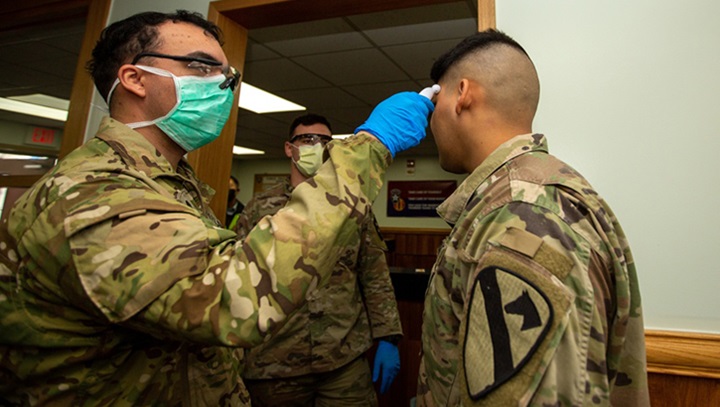
Nations under Military Rule
The military role is completely different with respect to the capacity, capability and most essentially its relationship within a state-run by Military commanders. These states would hardly use armed forces in mitigating the COVID 19 situations. The Military ruled Government in these nations will never bring in their military force to fight the pandemic. The citizens of these nations had a tough time during the pandemic.
PLA Role in China
The military in China may not be that professional as western but is under the full control of the ruling party of China. In China, the People’s Liberation Army (PLA) has played a pivotal role in China’s anti-COVID repression efforts and in relation to a state-led, cross-governmental response centrally directed by the Chinese Communist Party. The close relationship between the ruling party and PLA could bring in great discipline to keep the pandemic under control.
Conclusion
In most nations, the military has been in a supporting role and providing all the essential services. Few exceptions were evident in some nations view of poor political leadership. These nations had a tough time and the spread of the virus has left the livelihoods in a crisis.
At the global level, it is essential to observe the ongoing pattern of civil-military relations. Due to societal pressure which was caused by the pandemic, the situation might have encouraged politicised militaries to approach in a more direct way and overthrow the gains in the civilian controlled arenas like the health sector.
Title Image courtesy:https://www.brookings.edu/blog/order-from-chaos/2020/04/22/covid-19-and-military-readiness-preparing-for-the-long-game
Disclaimer: The views and opinions expressed by the author do not necessarily reflect the views of the Government of India and Defence Research and Studies
References :
1. Hiding info will be treated as breach of discipline: Army. (2020, March 31). Hindustan Times. Retrieved from https://www.hindustantimes.com/indianews/hiding-info-will-be-treated-as-breach-of-discipline-army/storysHDCidvn6zGxBfMCxZbyvK.html
2. Graham, E. (2020). The Armed Forces and COVID – 19. International Institute for Strategic Studies. Retrieved from https://www.iiss.org/blogs/analysis/2020/04/easia-armed-forces-andcovid-19

